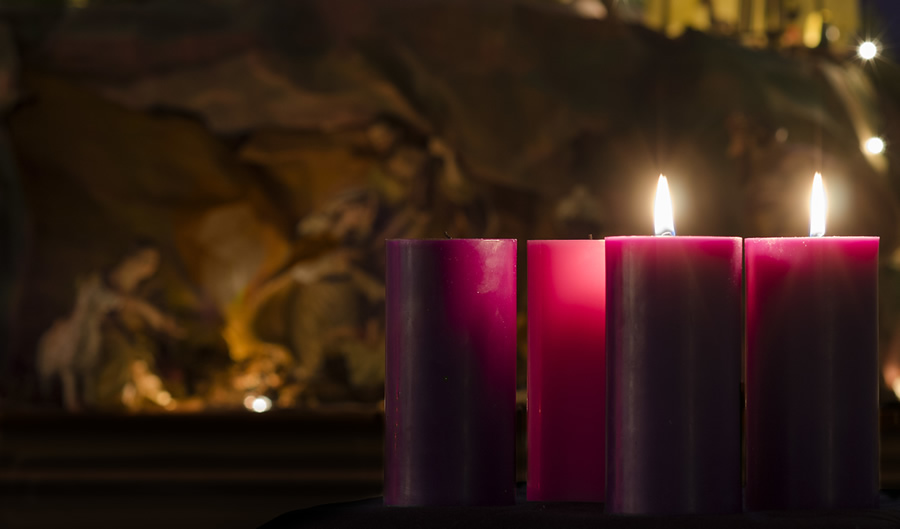
Prepare the Way of the Lord, Make Straight His Paths
12-10-2023Weekly ReflectionFr. Manasseh Iorchir, VCApart from the Lord Jesus, Himself, and Mary, His blessed mother, no other New Testament protagonist gets more “individual airtime” like John the Baptist in the Liturgy of the Church. The Church celebrates both his nativity (June 24) and his martyrdom (August 29). He is also given special mention in the earthly life of Jesus, especially in His early life and at the beginning of Christ’s public ministry. John is presented as a close relative of Jesus who precedes Christ in earthly birth. Like Jesus, his birth is foretold and his name was predetermined by God via an Angel (Luke 1:13). He is credited with an encounter with Christ while both were in their mother’s womb (Luke 1:41); he baptized Christ and witnessed the beginning of His public ministry, and it was he who pointed Christ out to his disciples and called Him “the Lamb of God who takes away the sin of the world” (John 1:29). Jesus Himself described John as the greatest of all the children born of women (Matthew 11:11). On the Second Sunday of Advent, we are introduced to this enigmatic Scriptural character.
In the First Reading, the Prophet Isaiah voices the promise of God that “a voice” shall cry out in the desert, requiring all people to prepare the way for the Lord. This voice shall demand that all make straight the way of the Lord, fi ll every valley, make low every mountain and make plain the rugged land before the glory of the Lord would be revealed. This clearly is a prophecy about the coming of John the Baptist who would precede the Messiah and act as his precursor, calling all to repentance and reconciliation with God.
The Gospel passage, which is taken from the beginning of Mark’s Gospel, indicates that John the Baptist is clearly the fulfillment of the Oracle of Isaiah who declared, “behold, I am sending my messenger ahead of you; he will prepare your way.” He preached a baptism of repentance for the forgiveness of sins and baptized people from the Judean countryside and the inhabitants of Jerusalem who came to him by the River Jordan where he was ministering. It is worth noting that Israel crossed the Jordan as they entered into the Promised Land. As the coming of the Messiah drew near, the Jordan once more was used to off er ritual washing as a declaration of intent to enter in the promised “Kingdom” that He would establish.
One striking thing about John was his humility. Not only did he dress, feed and act quite humbly, he also refused to take upon himself a name and ministry that was not allotted to him. He declared “One mightier than I is coming after me...I have baptized you with water; He will baptize you with the Holy Spirit.” John affords us a lesson in humility. Humility is not necessarily a negative debasement of ourselves; it is an honest recognition of our true self which is perpetually in need of something other than ourselves to complete and place us at the threshold of self-realization and fulfillment. The person who is blessed with the virtue of humility realizes that, in spite of our giftedness, we are in constant need of God’s Grace to achieve self-realization. We may be gifted, even with unique and awesome spiritual gifts, but we need humility to discern that, without Christ and outside of His Holy will and Kingdom, we are mere empty vessels. No wonder, St. Augustine of Hippo said, “Humility is the foundation of all other virtues; hence, in the soul in which this virtue does not exist there cannot be any other virtue except in mere appearance.”
May the Season of Advent provide for us the opportunity for renewal through repentance and may we be granted the virtue of humility that we may recognize Christ when He comes.
Please be kind and may God bless you.
Fr. Manasseh
BACK TO LIST